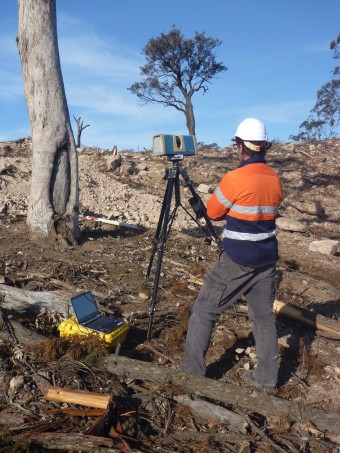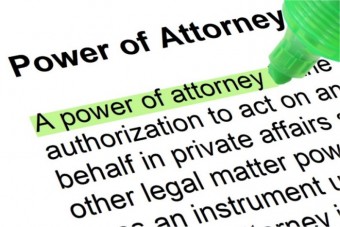All developers and other land users in Queensland have a duty of care to take “all reasonable and practicable measures” to ensure their activities do not harm Indigenous cultural heritage located in the relevant area. This broad-reaching duty applies across all land tenures, including freehold, and to cultural heritage regardless of whether or not it has been identified or recorded.
Significant penalties (up to $1,178,000 for corporations and $117,800 for individuals) apply for harming, excavating, relocating or taking away what a person knows or ought to know is Indigenous cultural heritage.
In fact, a person who is found to have harmed cultural heritage recorded on the Aboriginal and Torres Strait Islander cultural heritage register can be imprisoned for up to two years. Equally damaging are stop orders and injunctions that temporarily or permanently restrain persons from undertaking activities reasonably suspected of causing harm to cultural heritage. These and investigations into reported breaches can and have in our experience cause delay and cost blowouts to projects, both big and small.
So with all these duties and penalties, what can development proponents and/or contractors do to manage the risks of non-compliance?
Our solicitors, who have a wealth of knowledge gained from decades of experience in this specialised jurisdiction, suggest taking the following practical steps to ensure compliance with relevant statutory requirements:-
- consider cultural heritage compliance at the planning and development approval stage, not just before major earthworks and other high-risk activities are undertaken;
- undertake a search of the cultural heritage database and register (this can be done online) to see if there is any known cultural heritage in or close by the area proposed for development;
- determine whether the proposed activity can proceed in compliance with the “gazetted cultural heritage duty of care guidelines” (see below); and if not
- consider whether a voluntary or mandatory Cultural Heritage Management Plan or either a native title agreement or “another agreement” with an Aboriginal or Torres Strait Islander party is the best way to addresses cultural heritage compliance requirements.
The duty of care guidelines are a statutory assessment and compliance tool to enable land users to meet their duty of care. They recognise some activities are less likely to harm cultural heritage than others, having regard to the proposed activity and the nature/extent of past land uses. For example, resurfacing an existing car park in most cases is unlikely to require specific compliance measures to be taken and can proceed under the guidelines. Re-developing an urban block is also unlikely to require particular measures. However, care should be taken where the nature and extent of past land uses mean that cultural heritage may be present on site. This is especially important in rural, semi-rural and areas on the suburban fringe that are earmarked for development.
And, of course, if you have any questions or concerns about cultural heritage compliance just give Colin or Ted from our office a call …… they’ll get you through the system!



